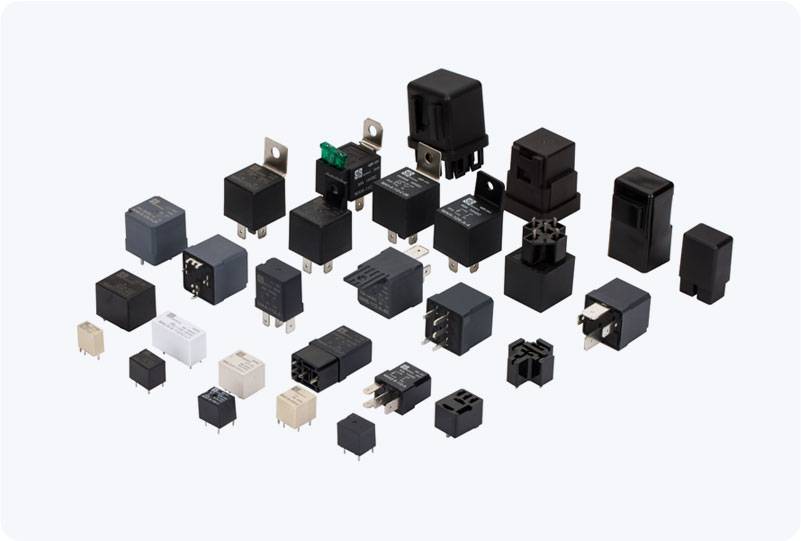understanding iec 61811 ev relay: a key component in electric vehicle charging systems
Release time:2025-05-21 11:47:21
The transition towards electric vehicles (EVs) has ushered in significant advancements in automotive technology. As the demand for EVs continues to grow, the infrastructure required to support them also evolves. One of the critical components in electric vehicle charging systems is the relay. Specifically, the IEC 61811 EV relay has gained attention for its reliability, performance, and compatibility with electric vehicle charging stations. This article delves into the importance of the IEC 61811 EV relay, its role in EV charging systems, and how it ensures safe and efficient operations.

What is IEC 61811 EV Relay? The IEC 61811 EV relay is a standard that specifies the performance and testing requirements for relays used in electric vehicle charging applications. It ensures that the relay is designed to handle the specific electrical and mechanical conditions present in these systems. Relays are crucial for controlling the flow of electricity, and the IEC 61811 standard helps in determining the reliability and safety of these relays in EV charging infrastructure. An EV relay functions as a switch that opens and closes electrical circuits. In the context of EV charging stations, the relay is responsible for controlling the connection between the charging station and the vehicle’s battery. It ensures that the power supply is safely managed, providing the necessary voltage and current to charge the vehicle. The IEC 61811 standard outlines requirements related to the relay’s performance, including its ability to handle high currents, withstand environmental conditions, and ensure the safety of the charging process.

